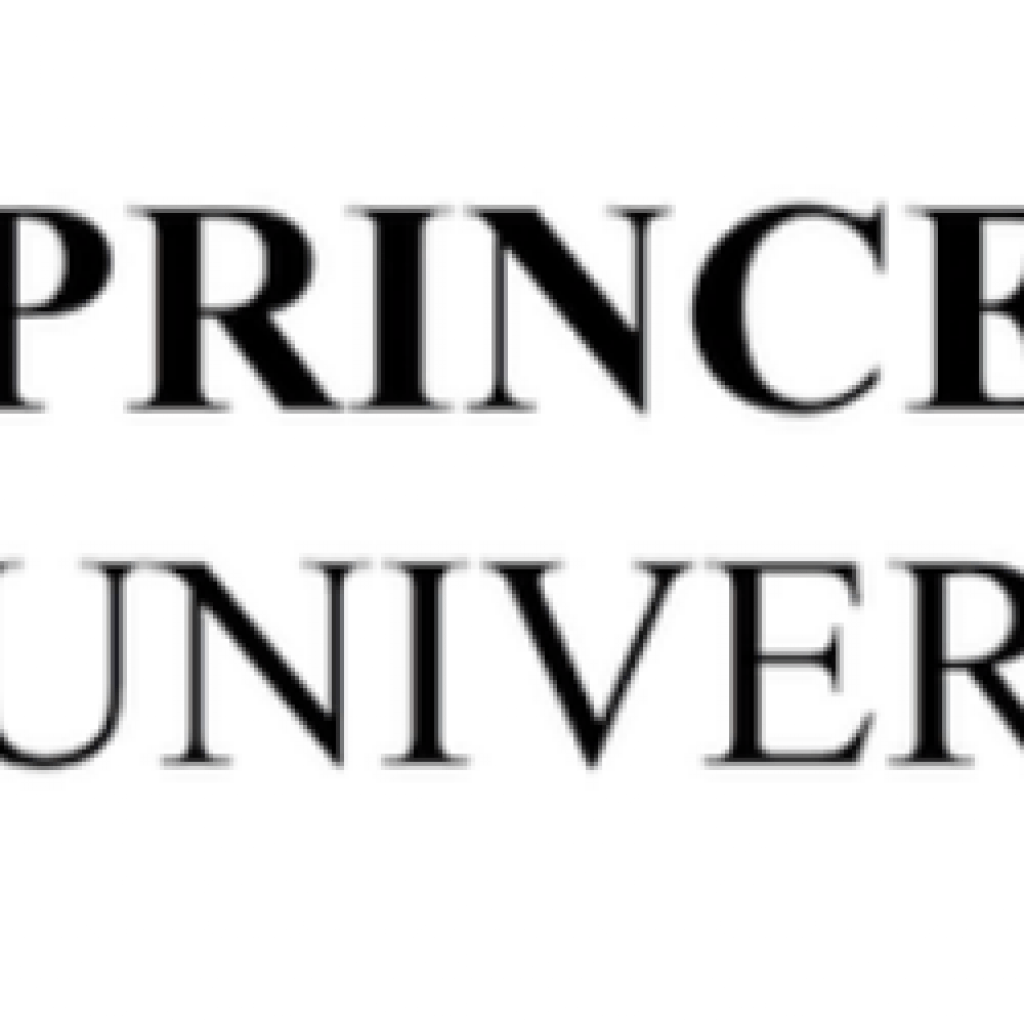(Phys.org) Research conducted by Princeton University physicists is paving the way for the use of silicon-based technologies in quantum computing, especially as quantum bits—the basic units of quantum computers. IQT-News summarizes the recent findings of this research that promises to accelerate the use of silicon technology as a viable alternative to other quantum computing technologies, such as superconductors or trapped ions.
Princeton physicists used a two-qubit silicon quantum device to achieve an unprecedented level of fidelity. At above 99 percent, this is the highest fidelity thus far achieved for a two-qubit gate in a semiconductor and is on par with the best results achieved by competing technologies.
“Silicon spin qubits are gaining momentum [in the field],” said Adam Mills, a graduate student in the Department of Physics at Princeton University and the lead author of the recently published study. “It’s looking like a big year for silicon overall.”
By using a silicon device called a double quantum dot, the Princeton researchers were able to capture two electrons and force them to interact. The spin state of each electron can be used as a qubit and the interaction between the electrons can entangle these qubits. This operation is crucial for quantum computation, and the research team, led by Jason Petta, the Eugene Higgins Professor of Physics at Princeton, was able to perform this entangling operation at a fidelity level exceeding 99.8 percent.
Mills asserted that in general, silicon spin qubits have advantages over other qubit types. “The idea is that every system is going to have to scale up to many qubits,” he said. “And right now, the other qubit systems have real physical limitations to scalability. Size could be a real problem with these systems. There’s only so much space you can cram these things into.”
“Our devices are just about 100 nanometers across, while a conventional superconducting qubit is more like 300 microns across, so if you want to make many on a chip, it’s going to be difficult using a superconducting approach,” Petta said.
The other advantage of silicon spin qubits, Petta added, is that conventional electronics today are based on silicon technology. “Our feeling is that if you really want to make a million or ten million qubits that are going to be required to do something practical, that’s only going to happen in a solid-state system that can be scaled using the standard semiconductor fabrication industry.”
Sandra K. Helsel, Ph.D. has been researching and reporting on frontier technologies since 1990. She has her Ph.D. from the University of Arizona.
